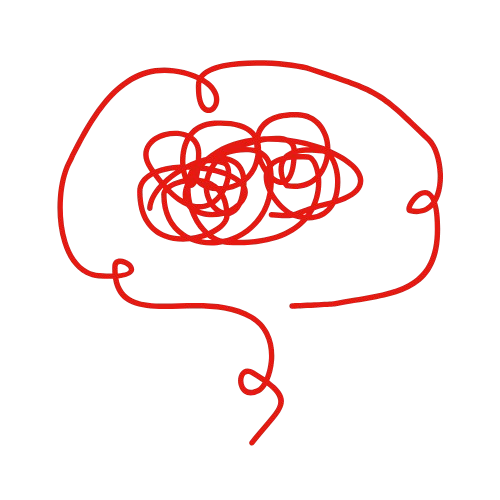- Published on
The Paradox of Self-Improvement: Why More Isn't Always Better
- Authors

- Name
- Mindmire
- @Md_Khokon_Mia
Previous Article
The Paradox of Self-Improvement: Why More Isn't Always Better
I've been noticing a curious trend in the world of personal development: while we are surrounded by endless resources promising rapid improvement, many of us still feel stuck. Could it be that the very act of chasing self-betterment is what's holding us back?
The Pursuit of Perfection
In our pursuit of self-improvement, we often become entangled in an endless cycle of setting higher goals and seeking more knowledge. The market is flooded with books, courses, and apps designed to help us become the best version of ourselves. However, a study published in the Journal of Happiness Studies suggests that a relentless focus on self-improvement can lead to decreased well-being. This paradoxical effect stems from the pressure to constantly measure up, which can overshadow genuine contentment.
The Hedonic Treadmill
The concept of the "hedonic treadmill" offers insight into why our efforts may feel futile. As we achieve one goal, our satisfaction is fleeting, and we quickly set another, perpetuating a cycle of temporary happiness. Psychologists Brickman and Campbell first introduced this idea, demonstrating that our emotional highs and lows tend to stabilize over time. This suggests that constantly striving for improvement might not lead to long-term fulfillment.
The Cost of Constant Growth
While growth is an inherent part of life, the obsession with constant self-improvement can be costly. Consider the case of burnout, a phenomenon recognized by the World Health Organization. Often a result of chronic workplace stress, burnout can also occur in personal development when individuals push themselves relentlessly without pausing for reflection or rest. Studies show that this can lead to diminished returns, where the quality of growth decreases as the effort increases.
The Role of Mindfulness
Mindfulness can offer a counterbalance to this relentless pursuit. Research from Brown and Ryan in the Journal of Personality and Social Psychology suggests that mindfulness helps individuals detach from the compulsive need to constantly improve. By fostering acceptance and present-moment awareness, mindfulness encourages us to appreciate the journey rather than fixate on the destination.
The Power of Enough
What if the key to genuine self-improvement lies in embracing "enough"? This doesn't mean abandoning ambition but rather redefining what success looks like. In The Progress Principle, Teresa Amabile and Steven Kramer argue that recognizing small wins and progress, rather than constantly aiming for monumental achievements, can enhance motivation and satisfaction.
Alternative Perspectives
Critics might argue that without the drive for improvement, society would stagnate, and personal growth would halt. While this perspective values ambition, it overlooks the importance of balance and well-being. The Japanese concept of "wabi-sabi," which finds beauty in imperfection and transience, offers a valuable counterpoint. Embracing our flaws and the impermanence of life can enrich our self-improvement journey.
Implications for Personal Growth
This exploration suggests that the path to self-improvement may not be about relentless striving but about mindful balance. By integrating mindfulness practices and embracing the concept of "enough," we can cultivate a more sustainable approach to growth.
Thought-Provoking Questions
As you reflect on your own journey, consider:
- How often do you pause to appreciate your progress before setting new goals?
- Can you identify areas where your pursuit of improvement may be causing stress or dissatisfaction?
- What would redefining "enough" look like in your personal growth journey?
Ultimately, the quest for self-improvement is deeply personal. By shifting focus from relentless growth to mindful presence, we may find that true fulfillment lies not in constant betterment but in appreciating the richness of the moment.